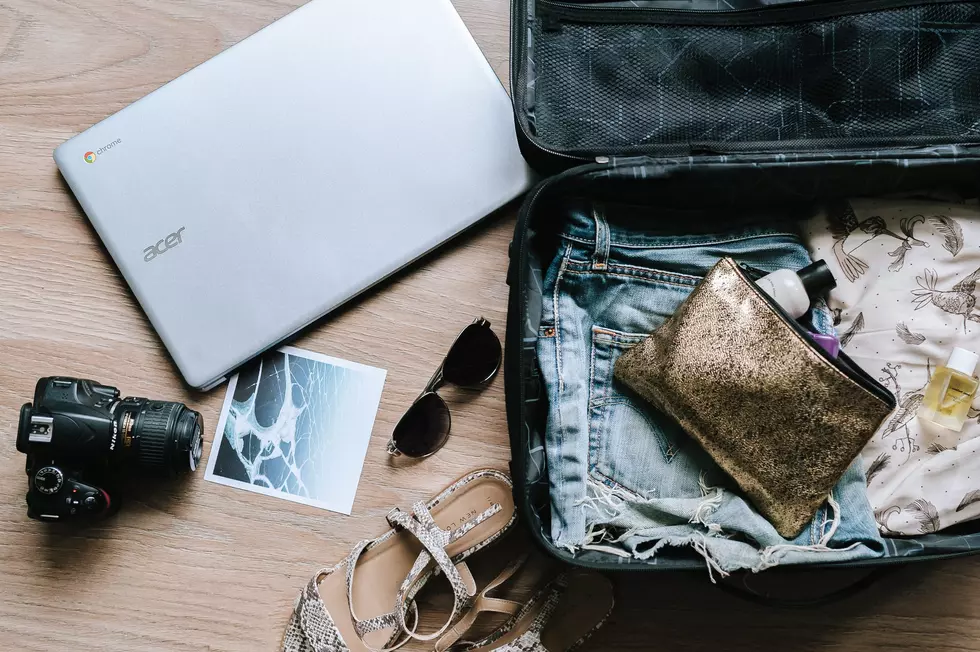
NJ residents advised to follow security tips when on vacation
If you’re heading out on vacation this summer, whether it’s down the shore, to another state or in a foreign country, you are being advised to follow some simple security guidelines.
Laurie Doran, the director of the New Jersey Office of Homeland Security and Preparedness, said no matter where you are going, even if you destination is in the United States some degree of pre-planning is important because sudden emergencies, while rare, can and do happen.
Don't get stuck with no way out
“Say you’re in a building or a shopping center, it’s good to look around and see where there might be some exits, so if something were to happen you would be able to at least try to get yourself to the right place," Doran said.
Paying attention is key.
“One of the things we do focus on is having people pay attention to their surroundings, so that if something happens you’re not there,” Doran said.
Location matters
When it comes to booking a room at a hotel, not staying in a room on the ground floor is advisable.
“We would recommend if at all possible requesting rooms somewhere between the third and fifth floor because it’s a little harder for someone to break in when you’re too high from the ground," Doran said.
If there is a fire or some other emergency, staying in that floor range should help guests get out safely without the assistance of a fire truck, according to Doran.
Staying toward the back of a hotel is also something people should try and do.
“Try and book a room in the back of the facility because, unfortunately, traditionally when there have been significant problems, say an attack or a car bomb, they tend to go off in the front of the hotel,” Doran said.
Travelers also need to be mindful about their smartphones and any other devices they might bring with them on a trip.
“Turn off your Bluetooth and avoid using public Wi-Fi and other people’s USB chargers, because there are people who will try to steal your information,” Doran said.
When it comes to important documents like passports and credit cards, Doran suggests making copies and leaving them at home in case the originals get stolen or lost.
Where are the hospitals?
Doran said before going overseas, travelers should check online to see where hospitals are located and find out what the emergency numbers are.
"In the U.S. we use 911, whereas in other countries they don’t necessarily use that, like in India they have three separate emergency numbers.”
Registering with the embassy in the country you'll be visiting via the U.S. State Department website is another thing travelers should consider doing.
“So that in the unlikely chance that something happens that the embassy would know that you’re there and that they would be able to find you in the event of something happening.”
Don't be a walking target
Doran said while terrorism is always a possibility, the biggest threat you will likely face in another country is robbery.
“Having lived overseas for a good portion of my life, Americans stick out like a sore thumb usually, and a lot of that comes from how we dress,” she said.
Doran suggests travelers pay attention to and respect the customs of other countries.
The more time spent researching and learning about the places you're traveling, the better prepared you'll be if something happens.
“We’re not trying to make people paranoid about traveling. We want them to enjoy what they’re doing. It’s good just to keep an eye on what’s going on,” Doran said.
David Matthau is a reporter for New Jersey 101.5. You can reach him at david.matthau@townsquaremedia.com
Click here to contact an editor about feedback or a correction for this story.
Cape May, NJ: 15 wonderful places to visit
See the Must-Drive Roads in Every State
[carbongallery id="62c5ac2c84cb58186a7d591f"
More From 105.7 The Hawk









